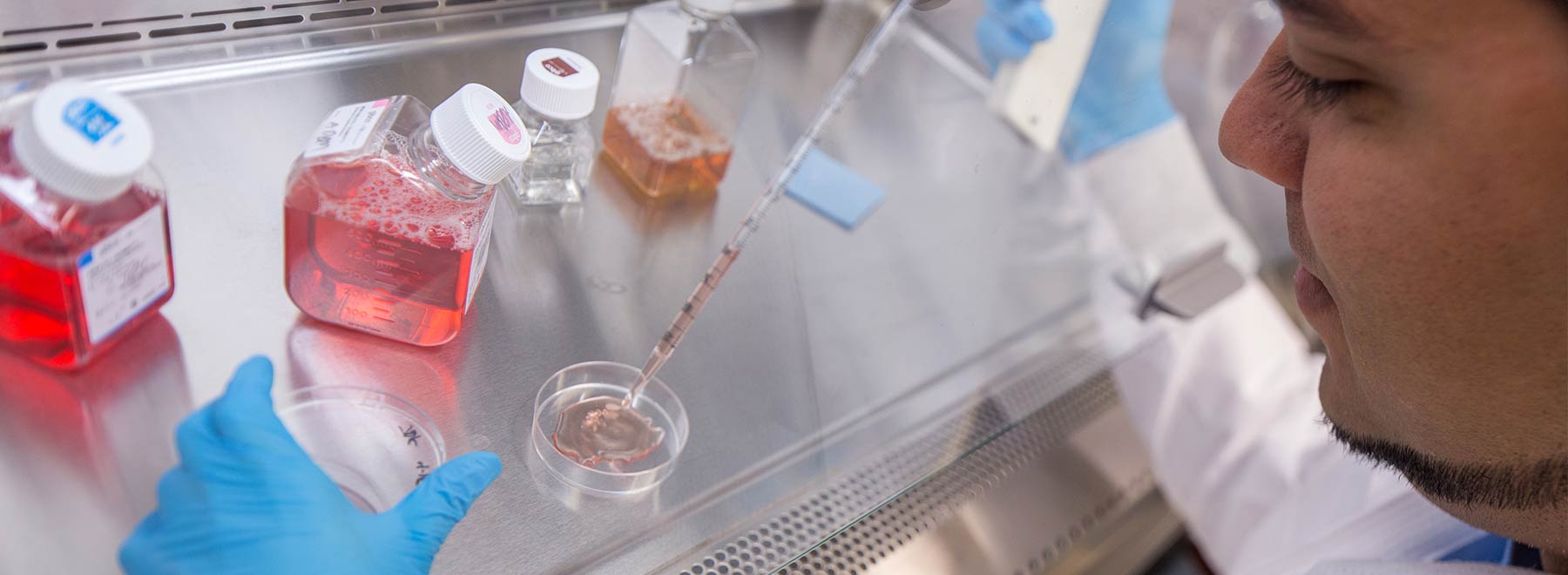

UMMC Research: Discovering tomorrow’s cures today.
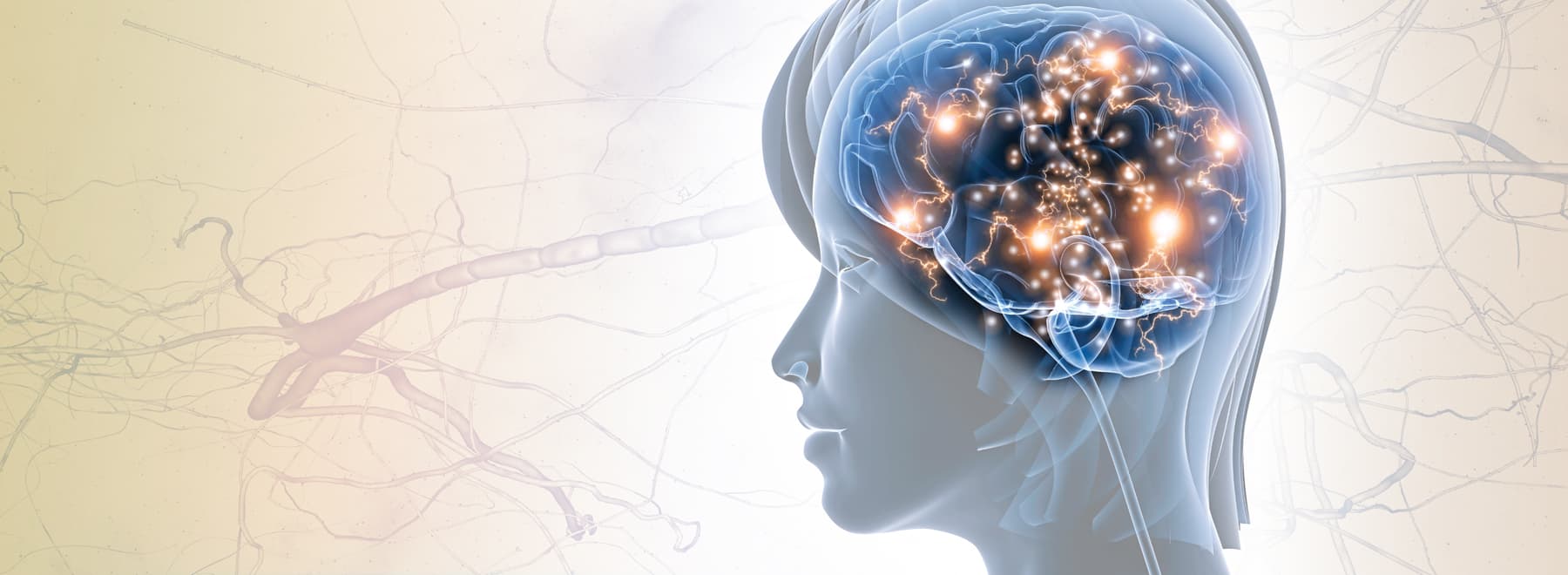
Multidisciplinary care for the brain, mind and neurological system.
UMMC Research
The University of Mississippi Medical Center is leading the way in discoveries that improve the lives and communities of Mississippians and beyond.
Our faculty rank among the nation’s best in productivity for every dollar invested in our research programs, along with conducting world-renowned studies in heart disease, hypertension, neurocognitive disorders, perinatal diseases and the simulation of human physiology.
Our work is supported by more than $110 million in sponsored programs funds each year, and is conducted in the departments of six schools, 30 research centers and institutes, UMMC’s seven hospitals, statewide clinics and telehealth sites throughout our state and the world.
We’re working together to move promising research to the clinic quickly in our goal to “a healthier Mississippi.”
Featured News
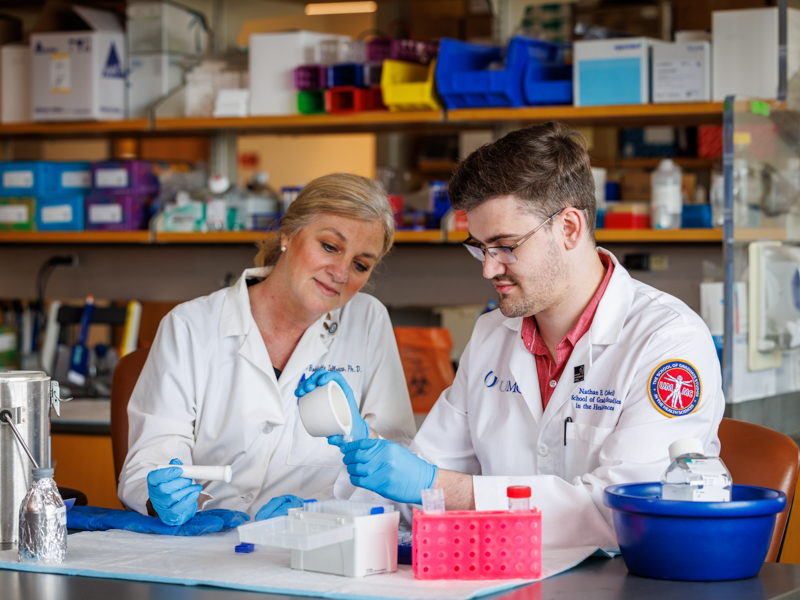
70 Years of Pharmacology: Past, Present, Future
Tuesday, January 20, 2026
As the Department of Pharmacology and Toxicology marks its 70th anniversary, it stands as a powerhouse with a legacy shaped by decades of discovery, leadership and transformation. Read More

OAVCR Excellence Awards honor 2025 research accomplishments
Monday, November 17, 2025
Medical Center researchers across disciplines were hailed for their achievements in the past fiscal year, which saw a record number of proposal submissions. Read More
Latest News
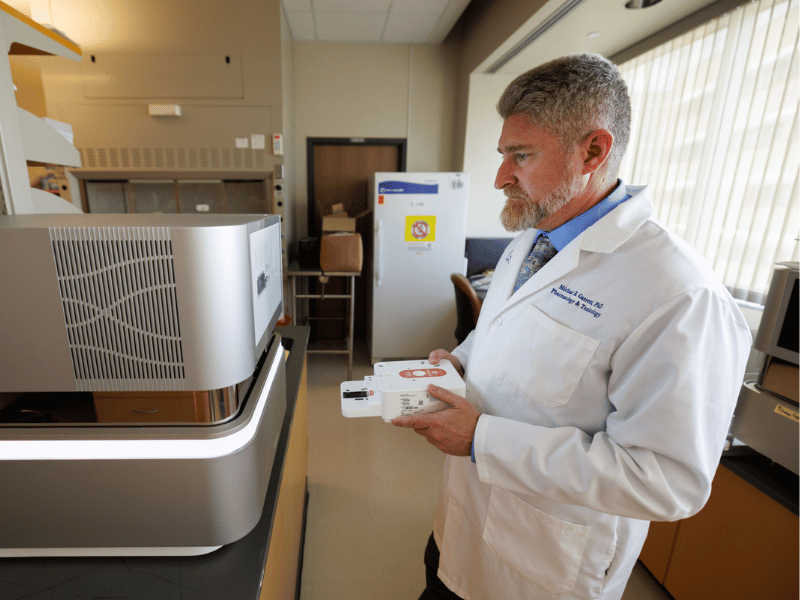
70 Years of Research: Celebrating the Department of Cell and Molecular Biology at UMMC
Published on Monday, January 26, 2026
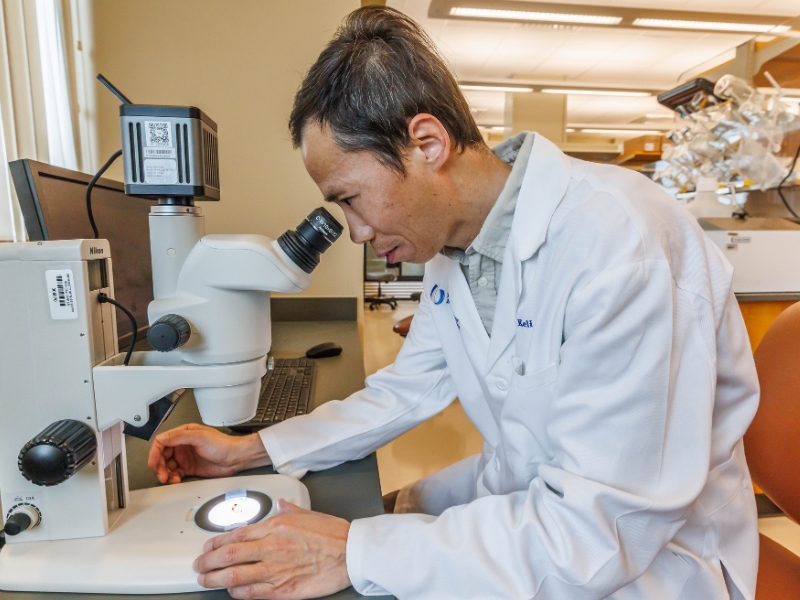
CCRI research seeking to unlock mysteries of pancreatic cancer with $1.8M NCI grant
Published on Monday, December 8, 2025
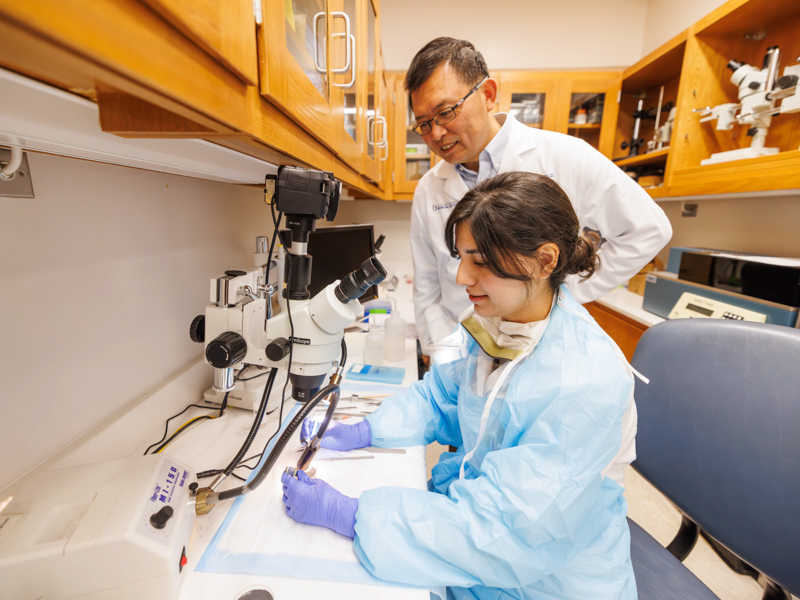
UMMC expands research to address hearing and balance disorders
Published on Monday, September 22, 2025

Research enterprise surpasses $100M for fiscal 2025
Published on Monday, September 8, 2025
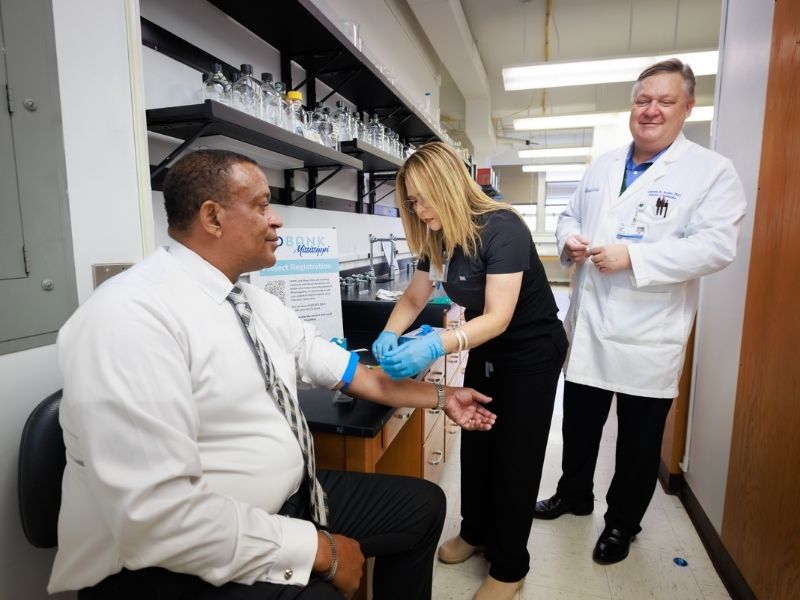
UMMC Biobank may reap dividends for improved health statewide
Published on Monday, July 28, 2025

2024-2025 UMMC Promotions and Tenure
Published on Monday, July 7, 2025
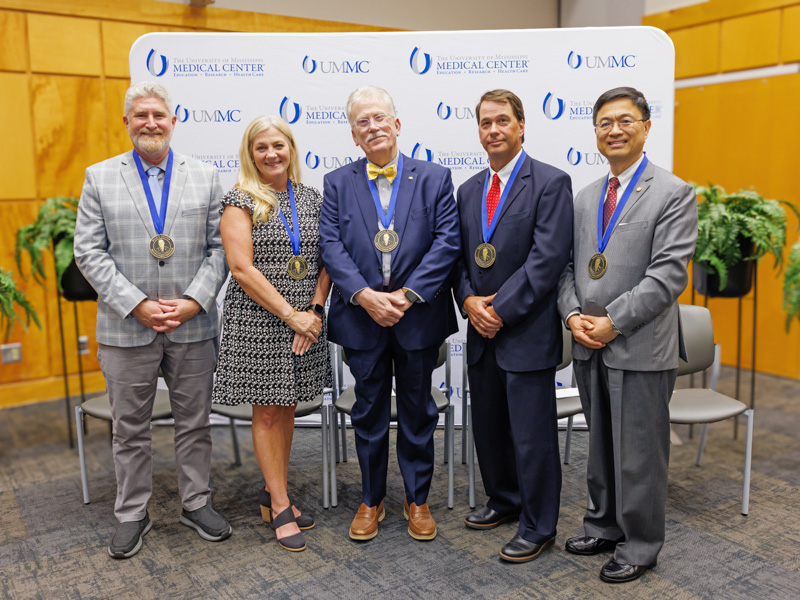
Faculty members awarded honor named for medical school legend
Published on Monday, June 30, 2025
Leadership
The University of Mississippi Medical Center's dynamic and growing research enterprise is led by Lee Bidwell, PhD, Associate Vice Chancellor for Research.


Clinical Trials
Clinical studies help bridge research and patient care by evaluating therapies, drugs and diagnostic tools to drive discoveries into clinical practice. Our researchers invite you to join them in their quest to improve the health of Mississippians by becoming a UMMC Research Partner.
Participate
Research Administration
Our research administration teams help facilitate basic, clinical and population-based research at UMMC. Whether you are preparing a grant application, executing your project or filing a patent, these teams can help you navigate through the rules and regulations of the research process.
Offices
Centers and Institutes
UMMC’s centers and institutes strive to create a healthier Mississippi. By gathering together scientists and physicians who share a drive to answer questions about the same diseases, research becomes more powerful, collaborations grow stronger and larger-scale projects become possible.
Overview


